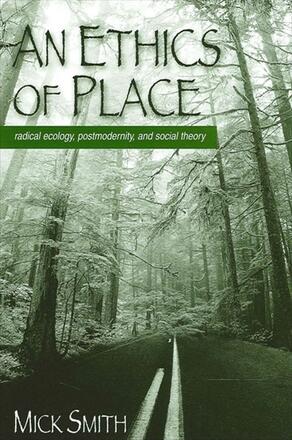
An Ethics of Place
Radical Ecology, Postmodernity, and Social Theory
Alternative formats available from:
Adopts ecological theory to critique, confront, and suggest solutions for contemporary cultural problems.
Description
Mick Smith links together the concepts of the ecological self and an environmental ethos—an ethics of place—as a way to re-engage the moral concerns of radical ecological theories. Best understood as an ethical critique of modernity, radical ecological theory challenges and extends the problematic moral framework now used within the disciplines of philosophy and the social sciences. Remaining true to the spirit of radical ecology, Smith engages with current debates about the status of moral values and theories, the social construction of nature, deep ecology, and non-violent direct action in a manner that is broadly interdisciplinary, original, and compelling.
Mick Smith is Lecturer in the Division of Sociology at the University of Abertay Dundee, Scotland.
Reviews
"The argument reads like an exciting novel….It makes a major contribution to what is now recognized as a major issue in environmental philosophy—how to formulate an environmental ethics when our received ethics are fundamentally defective." — Arran E. Gare, author of Postmodernism and the Environmental Crisis